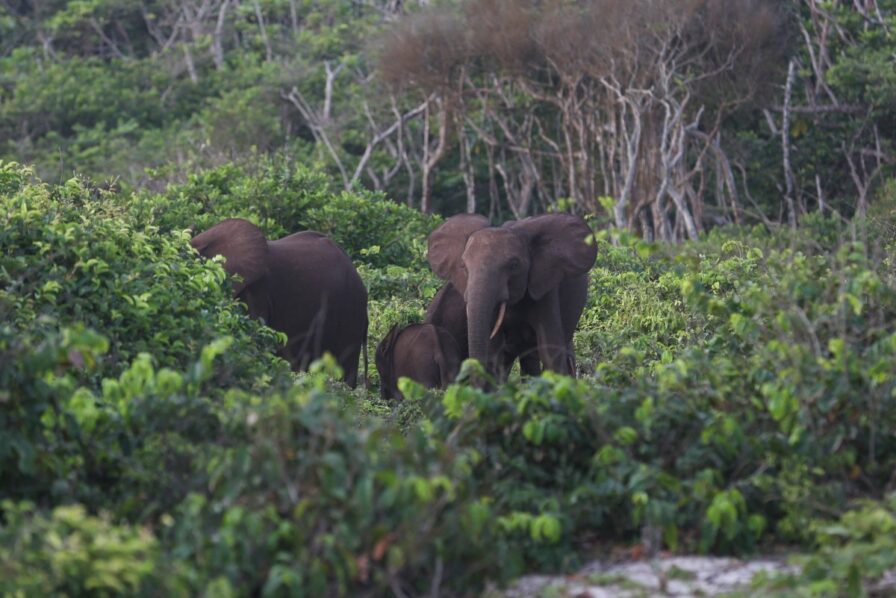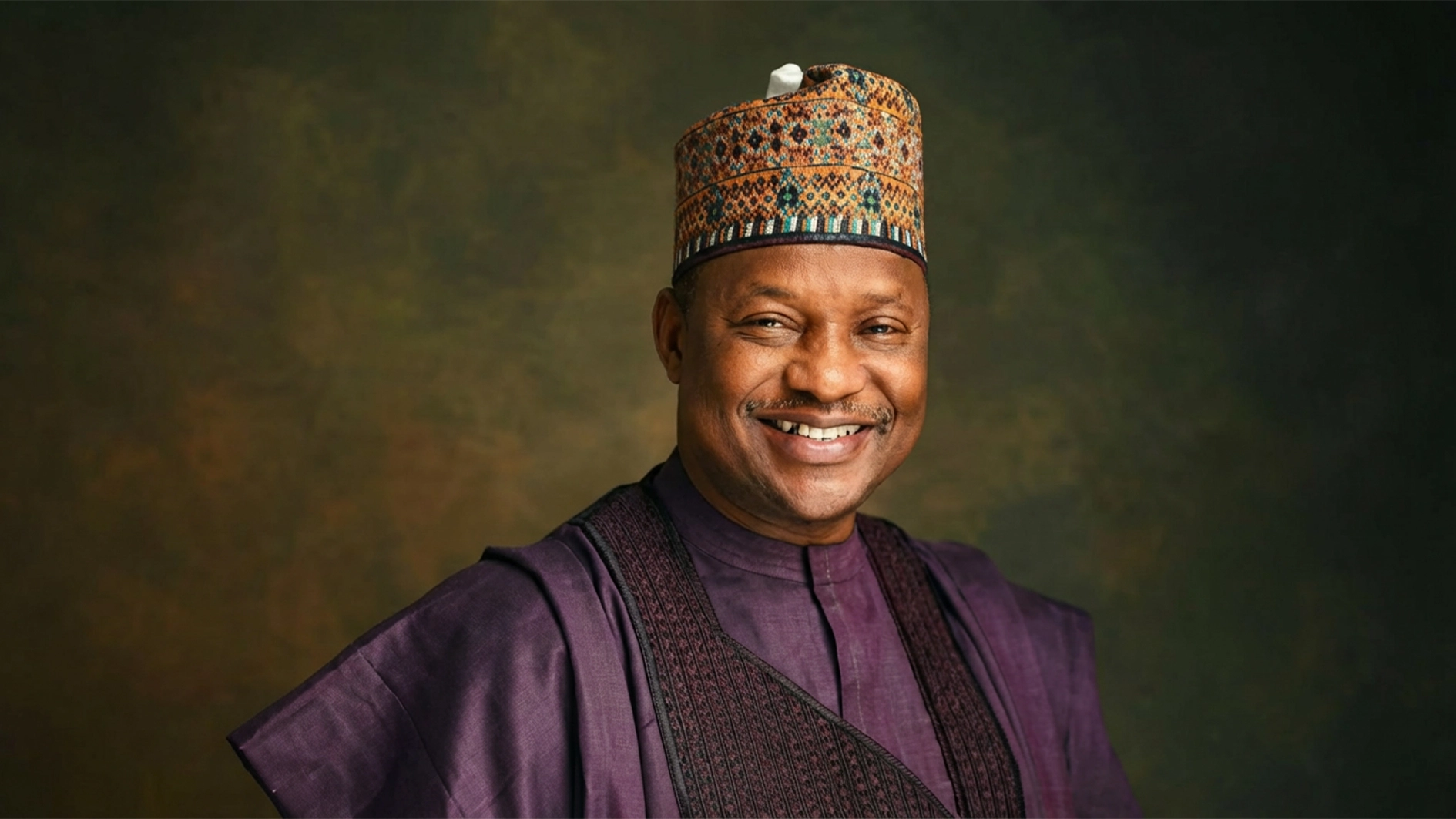
Villagers across the central African country live in fear of close encounters with elephants, whether on the road, going to wash in the river or especially in fields where they grow their crops.
Strict conservation policies have made Gabon “the refuge of forest elephants”, Lea-Larissa Moukagni, who heads the human-wildlife conflict programme at the National Agency of National Parks (ANPN) said. (Photo by Steeve JORDAN / AFP)
On World Wildlife Day, the wildlife conservation organisation Wild Africa has called on the Nigerian government, the private sector, and conservation organizations to increase their support for wildlife conservation initiatives to preserve Nigeria’s iconic species.
This year’s theme, “Wildlife Conservation Finance: Investing in People and Planet,” emphasizes the
essential role of innovative funding in protecting biodiversity and ensuring a sustainable future for both
nature and humanity.
According to the 2024 Living Planet Report, Africa’s wildlife populations have declined by an alarming 76% over the past 50 years. In Nigeria, the situation is dire, with several species, such as lions, elephants, chimpanzees, and gorillas, on the brink of extinction. For example, the country’s elephant population has declined by 99 percent, with only about 300-400 elephants surviving in the wild.
Without immediate investment in conservation, species loss will accelerate, leading to devastating consequences—not only for nature but also for economies that rely on natural resources.
The stakes are high. In Africa, 80% of tourists visit the continent for its wildlife, fueling the ecotourism
industry that brings in $12.4 billion a year and sustains local economies and communities. In countries like Kenya, wildlife tourism accounts for 10.4% of Kenya’s GDP, employing millions of people and generating $2.7 billion for the country in 2023.
In Nigeria, travel and tourism’s contribution to the GDP is forecast to grow at an average rate of 5.4% between 2022-2032, highlighting its significant potential to drive economic growth. The sector is expected to create 2.6 million new jobs over the next decade and bring in nearly ₦12.3 trillion ($8.2bn) by 2032.
Continued sustainable management of natural resources and preserving wildlife and wild spaces are essential to fostering a profitable wildlife economy that can grow further.
“Conservation is a Symphony. All hands must be on deck. Businesses must see conservation efforts as their corporate social responsibility, working with governments, conservation organizations, and individuals. Together, we can harmonize our efforts, mobilize resources, and create a resilient future for our planet’s precious biodiversity,” said Dr. Mark Ofua, Wild Africa’s West Africa spokesperson.
Peter Knights, OBE, CEO of Wild Africa, emphasises, “Without nature, we will not survive. Whether it’s countering our carbon footprints, safeguarding our watersheds, maintaining jobs in tourism, or keeping fishing to sustainable levels. Investing in conservation in Africa isn’t charity—it’s a necessity. A world without wildlife is not just an ecological disaster; it’s an economic one, too.”
On World Wildlife Day, Wild Africa urges the Nigerian public to participate in sustainable ecotourism by visiting the national parks and supporting local conservation organizations through donations or volunteering.






